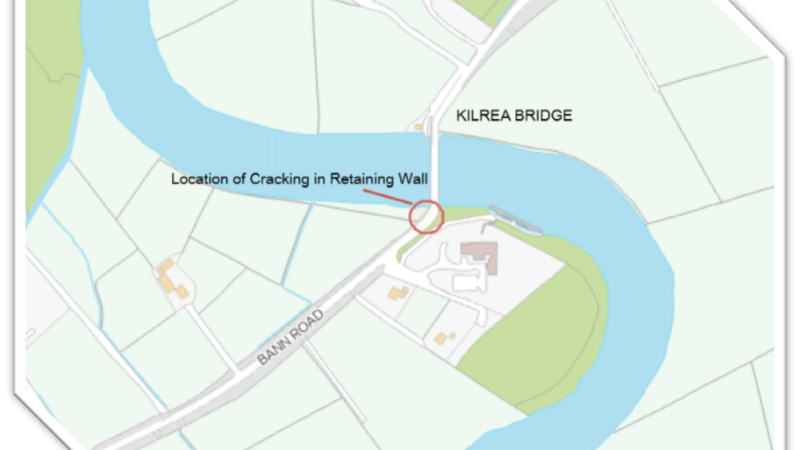NI businesses optimistic about new UK-EU agreement but caution remains

As businesses continue to face a raft of financial pressures and challenges and the start date for new labelling laws looming, businesses here have given their reaction to the recent UK-EU agreement, with several voicing cautious optimism.
Dubbed a post-Brexit ‘reset’, the new UK-EU agreement aims to reduce or cut red tape for businesses while boosting the UK economy by £9 billion by 2040.
Described by the two sides as a new Strategic Partnership between the UK and EU, they confirmed the shared principles of maintaining global economic stability and mutual commitment to free, sustainable, fair and open trade, as well as noting the importance of cooperation with all trading partners in safeguarding supply chain resilience and monitoring trade diversion.
The UK Government said the new deal would make it “easier for food and drink to be imported and exported by reducing paperwork and checks” – something which has been welcomed by businesses and retailers here.
Following Brexit, goods from the UK travelling to the EU, including food products, have faced new checks and additional paperwork, while items such as UK exports of raw burgers and sausages have been banned from entering the EU because they do not meet its strict import rules.
A new food agreement – the SPS Agreement – would help reduce these barriers, allowing for smoother movement, although does come with some conditions, namely that the UK will have to follow future EU food standards, known as ‘dynamic alignment’ and also accept that the European Court of Justice will have final say in any disputes in this area.
The EU is the UK’s largest agri-food market, however since Brexit exports have reduced by 21% while imports decreased by 7% between 2018 and 2024, with many businesses scaling back or stopping trade entirely because of higher costs, paperwork and border delays.

A new agri-food deal will establish a UK-EU Sanitary and Phytosanitary (SPS) Zone which will see the removal of Export Health Certificates, saving businesses up to £200 per consignment each time goods are sent; and the removal of plant health certificates, saving businesses around £25 per certificate.
Routine border checks on agri-food products would stop, meaning fresh produce can get to supermarket shelves faster, with less paperwork and fewer costs. British goods, such as dairy, fish, eggs and red meat are currently subject to 100% paperwork checks and up to 30% physical checks and would see these removed entirely.
Routine checks on certain imports from the EU for products such as milk, dairy, eggs, red meat and plants for planting, potatoes, will also be removed, reducing the cost to bring these products into the UK. Additionally, British products which had been banned, such as fresh sausages and burgers, certain shellfish from domestic waters, and seed potatoes will be able to resume trade to the EU, increasing markets for these goods.
Moving goods between GB and NI will be easier, says the government, reducing the need for paperwork and checks due to the removal of SPS and other requirements, helping make sure that the same products can be found on shelves across all parts of the UK.

Northern Ireland retailer, Peter McBride owns 15 stores across the region and said a deal that will ultimately reduce costs and ease trade barriers was to be welcomed.
“Anything that removes pointless bureaucracy is a good thing,” said Peter.
“The ease of movement of goods to and from NI to the UK and the rest of Europe, with all jurisdictions following the same rules and standards, will encourage more choice by opening up opportunities for smaller suppliers who simply couldn’t cope or afford to deal with the complex burden of paperwork.
“Suppliers who have decided NI wasn’t worth the hassle, may now decide to return.”
READ THE FULL FEATURE IN THE JUNE ISSUE OF NEIGHBOURHOOD RETAILER HERE






